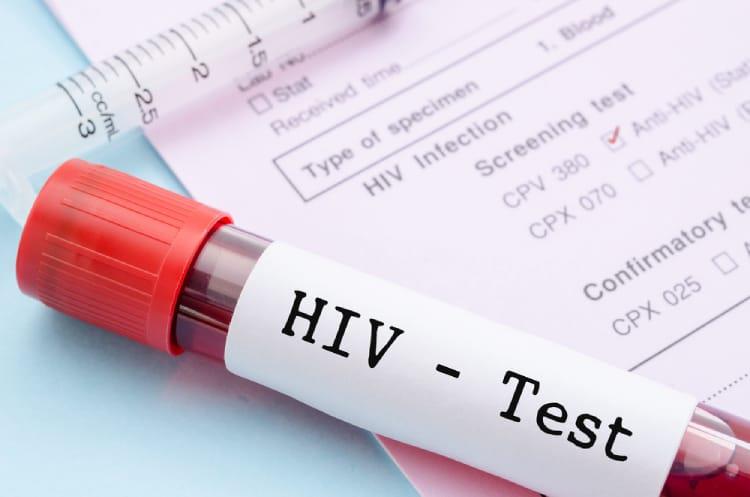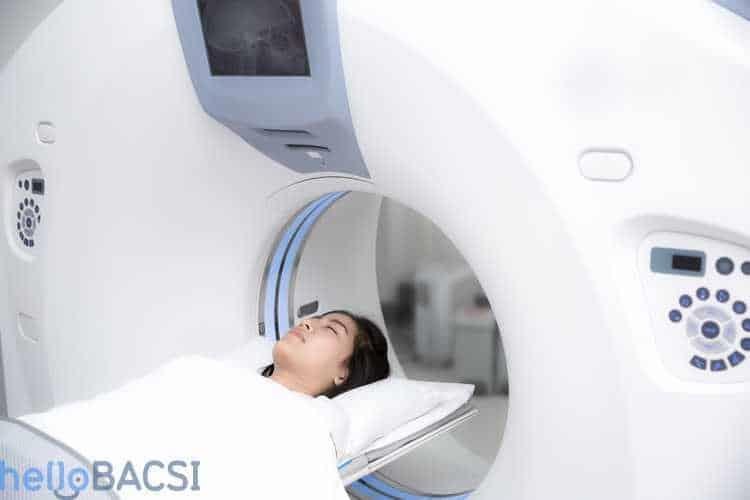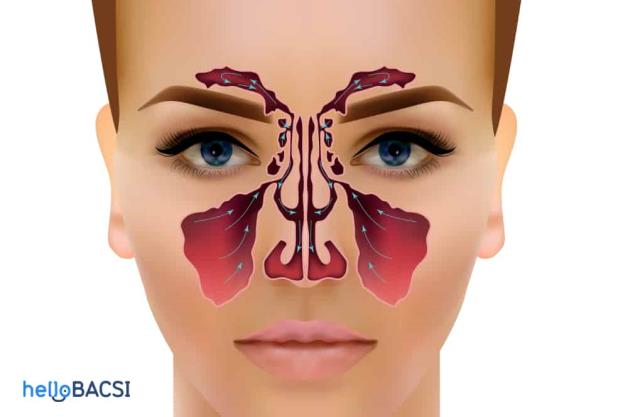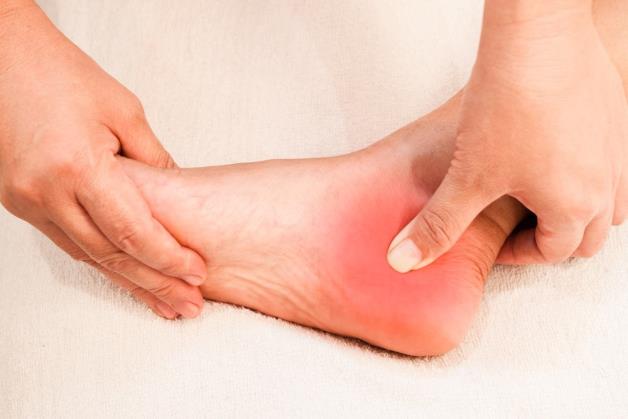Malignant otitis externa usually occurs when the body's immune system is weakened. It is a disease that causes severe tissue damage and can be life-threatening.
Let's find out the causes, symptoms and treatment of malignant otitis externa in the following article.
What is malignant otitis externa?
Otitis externa is a common ear infection. In some cases, otitis externa can spread to surrounding tissues, including the jawbone and face, and become malignant otitis externa.
Unlike common otitis externa, malignant otitis externa does not involve water pooling in the ear canal. The disease is usually caused by bacteria such as pseudomonas aeruginosa and staphylococcus aureus. In addition, diabetes is also a risk factor for malignant external ear infections. More than 90% of people with the disease have pre-diabetes.

Malignant outer ear infections if not treated properly and promptly can be life-threatening.
Causes of malignant otitis externa
In most cases, the disease is not a complication of common otitis externa. According to Healthline, this happens when you have other health problems like:
Besides, the disease can also progress because your immune system is weakened during chemotherapy treatment.

If bacteria enter when your immune system is weakened, your body will be very susceptible to infection. The infection can damage the ear canal tissue and the bone at the bottom of your skull. If it's not treated, the infection can spread to the brain, cranial nerves, and other parts of the body.
Common symptoms of malignant otitis externa
Symptoms of the disease are easy to recognize, including:
- Persistent yellow or green ear discharge
- Ears have a bad smell
- Severe ear pain when moving the head
- Hearing loss
- Itching in the ear canal
- Fever
- Difficulty swallowing
- Weakness in facial muscles
- Loss of voice or laryngitis
- Swelling and redness of the skin around the ear

If you experience any of these symptoms, contact your doctor immediately. Early treatment will help stop the spread of the infection and its consequences.
Diagnosis of malignant otitis externa
To determine if you have malignant otitis externa, your doctor will perform a physical exam. You may need to answer some questions about your personal medical history. This will allow your doctor to identify factors that may be compromising your immune system.
During the exam, your doctor will check your ear for an infection. The doctor will also examine the head and the area behind the ears. If the ear is draining, the doctor may take a sample to send for laboratory analysis. This will help determine the type of bacteria causing the infection.
If you have this serious condition, your doctor may perform additional tests to see if the infection has spread. These tests include:
- Nervous system examination
- Head CT scan
- Head MRI
- Scanning

How to treat malignant otitis externa?
Antibiotic
The disease is usually treated with antibiotics. You may need to take antibiotics for several months. If the condition is more severe, you may need an antibiotic shot through a vein in your arm. You must continue treatment until tests show that the infection is gone.
Surgery
Your doctor will recommend surgery if the infection is causing severe tissue damage. Surgery helps to remove damaged tissue. Surgery is done only after the infection has been cured.

How to prevent disease
The best way to prevent this serious illness is to treat an outer ear infection thoroughly. You need to follow your doctor's instructions and take the correct dose of antibiotics.
Also, if your immune system is weak, you need to take measures to protect your health.
If you have diabetes, you should control your blood sugar strictly.















